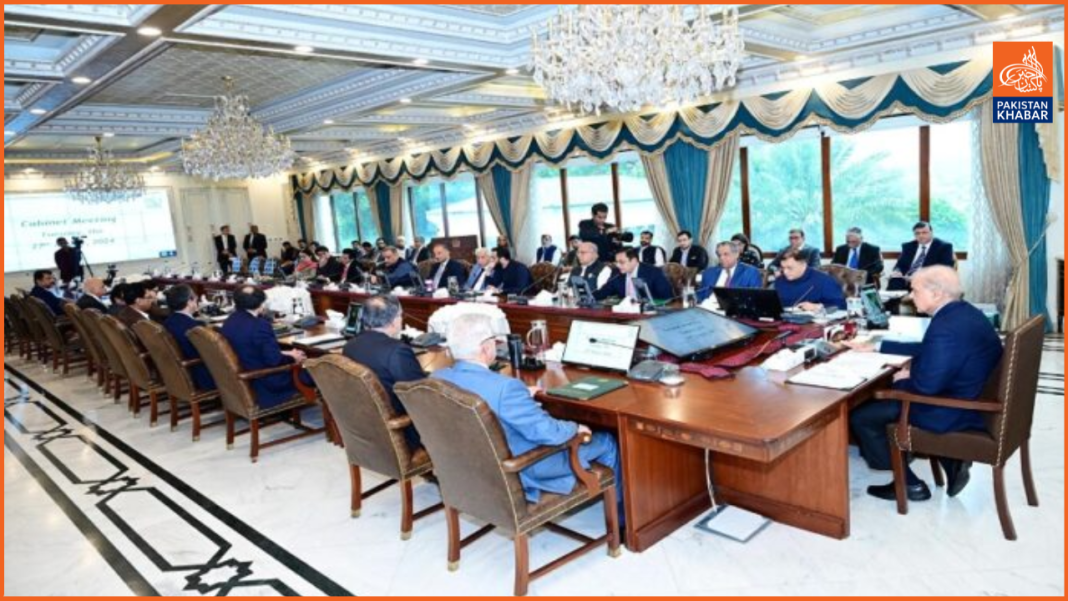Pakistan is planning to launch a $250 million Green Impact Fund (GIF) to channel international climate change commitments into financing green micro and small enterprises (MSMEs) in the country.
The proposal, developed by Karandaaz, a non-profit organization that receives funding from international donors, was discussed at a meeting of the Prime Minister’s Committee on Social Impact Financing, chaired by Finance Minister Muhammad Aurangzeb on Wednesday.
The fund aims to provide concessional loans, equity with first-loss guarantees, and technical assistance, with support from global climate financing sources, commercial institutions, and public or donor funding, according to the Ministry of Finance.
The meeting, which included top executives from various social sector organizations, highlighted the potential of such initiatives to stimulate economic growth, address climate challenges, and promote bottom-up development by creating jobs and empowering underserved communities. It was noted that global impact investing has grown to $1.571 trillion in assets under management, expanding at an annual rate of 21% since 2019.
The initiative aims to direct global climate change commitments into financing green micro and small businesses.
The meeting included stakeholders from the public and private sectors, such as leaders of Akhuwat Foundation, Karandaaz, Pakistan Environment Trust, REMIT-Pakistan, Acumen, InfraZamin, Pakistan Centre for Philanthropy, Interloop Asset Management, NRSP, and Pakistan Microfinance Investment Company (PMIC). Representatives from the State Bank of Pakistan (SBP), State Life Insurance Corporation (SLIC), Bait-ul-Mal, and the Ministry of Finance were also present.
The minister discussed the critical challenges facing Pakistan, including rapid population growth, child stunting, learning poverty, and the climate crisis, alongside ongoing economic reforms.
The Ministry of Poverty Alleviation and Social Safety shared updates on current social impact financing programs, such as the Nashonuma and Kafalat initiatives under BISP. The Nashonuma initiative supports two million pregnant women and children under two with nutrition and stipends, while the Kafalat Programme offers cash transfers to 9.3 million women with a budget of Rs461 billion.
The National Poverty Graduation Programme (NPGP) has provided productive assets to 151,822 households, granted 252,012 interest-free loans, and reported a 74.4% graduation rate from extreme poverty, with a 30% increase in income.
Additionally, the $134 million Poverty Graduation of Extremely Poor and Flood-Affected Households (PGEP) initiative provides livelihood assets, climate-smart agricultural technologies, and interest-free loans, while the Pakistan Bait-ul-Mal portfolio includes shelter homes, women empowerment centers, and the Orphan and Widow Support Programme.
The discussions emphasized strategic priorities for advancing social impact financing, such as mobilizing philanthropic capital and global impact investments for underserved communities, as well as developing a robust regulatory framework. It was agreed to adopt a structured approach to measure the actual social impact of financial inclusion efforts, focusing on monitoring and reporting outcomes to assess the effectiveness of these initiatives.




